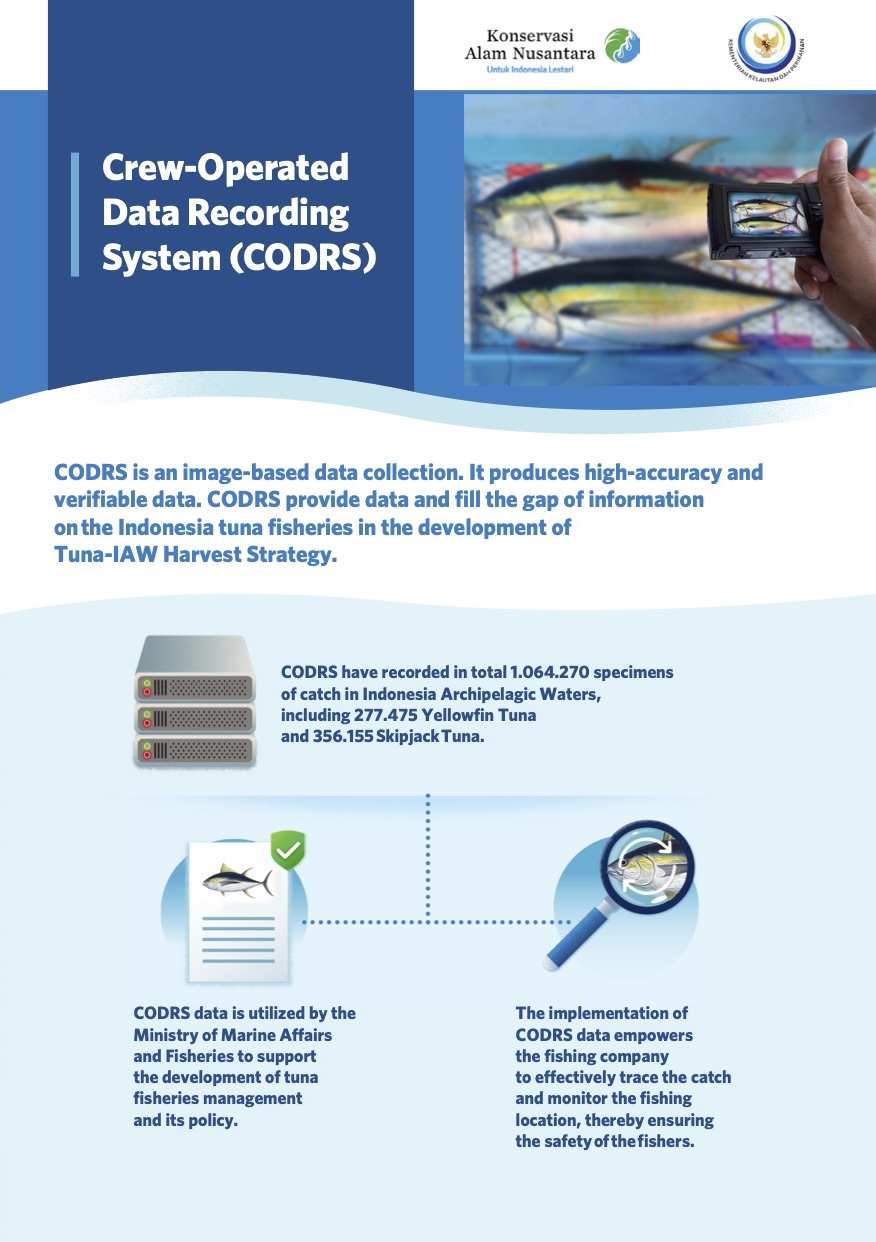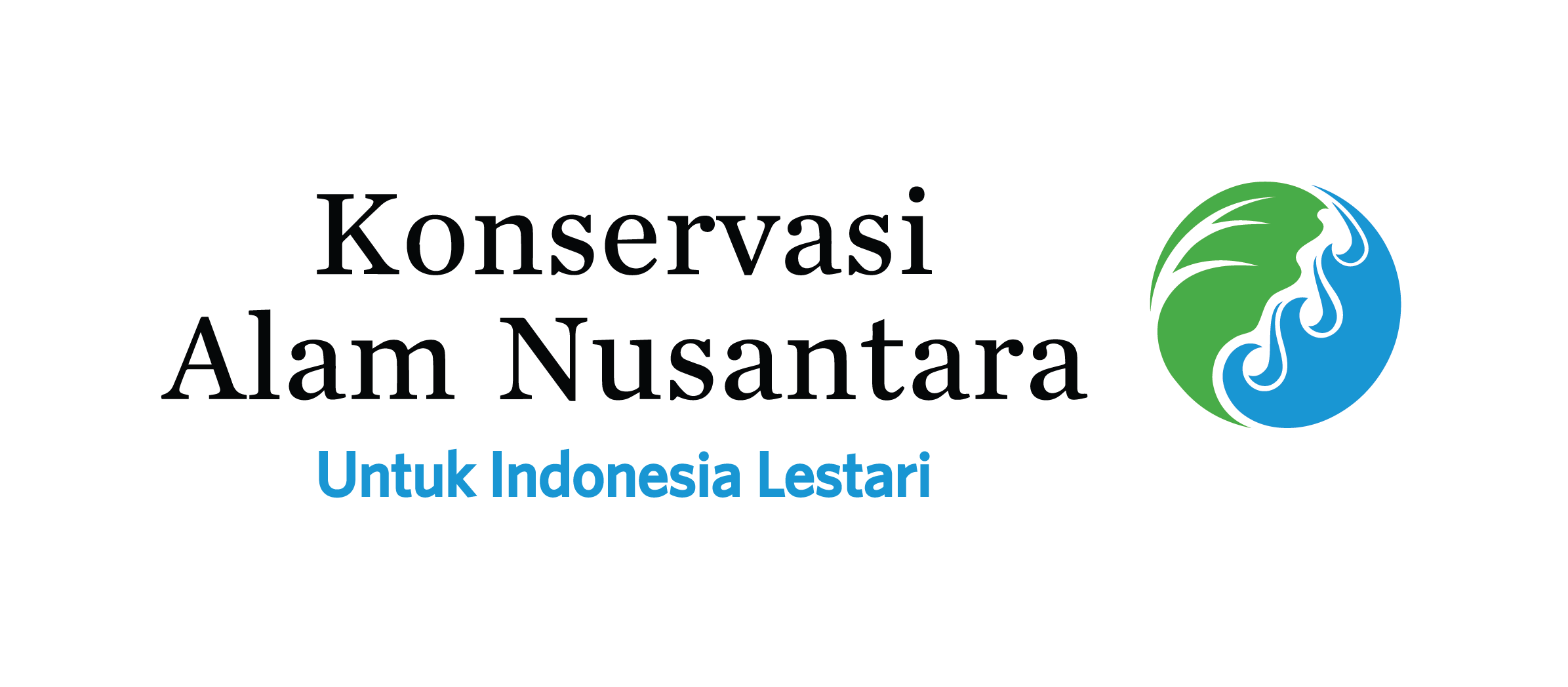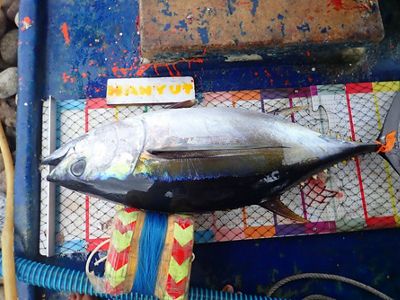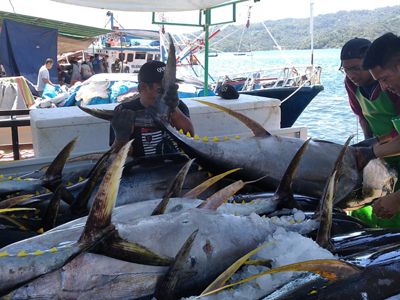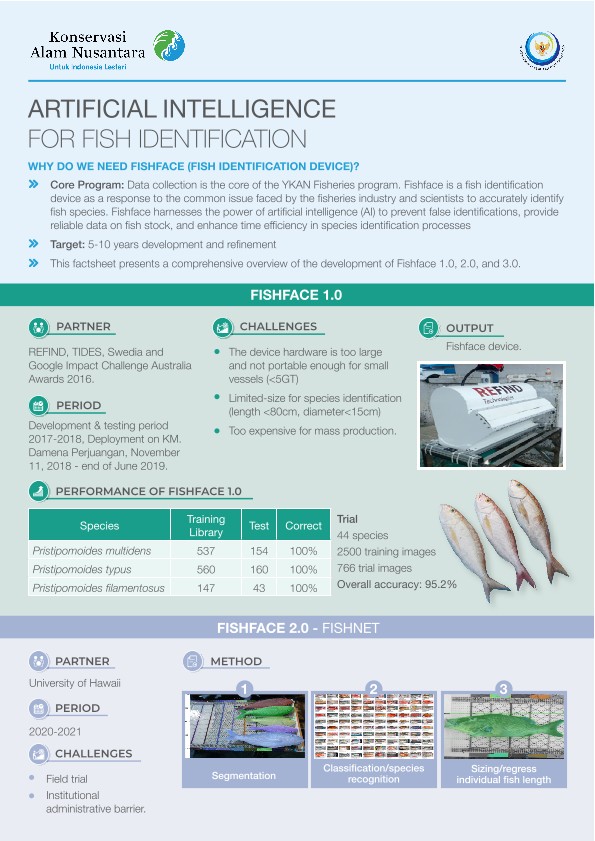Tuna Harvest Strategy
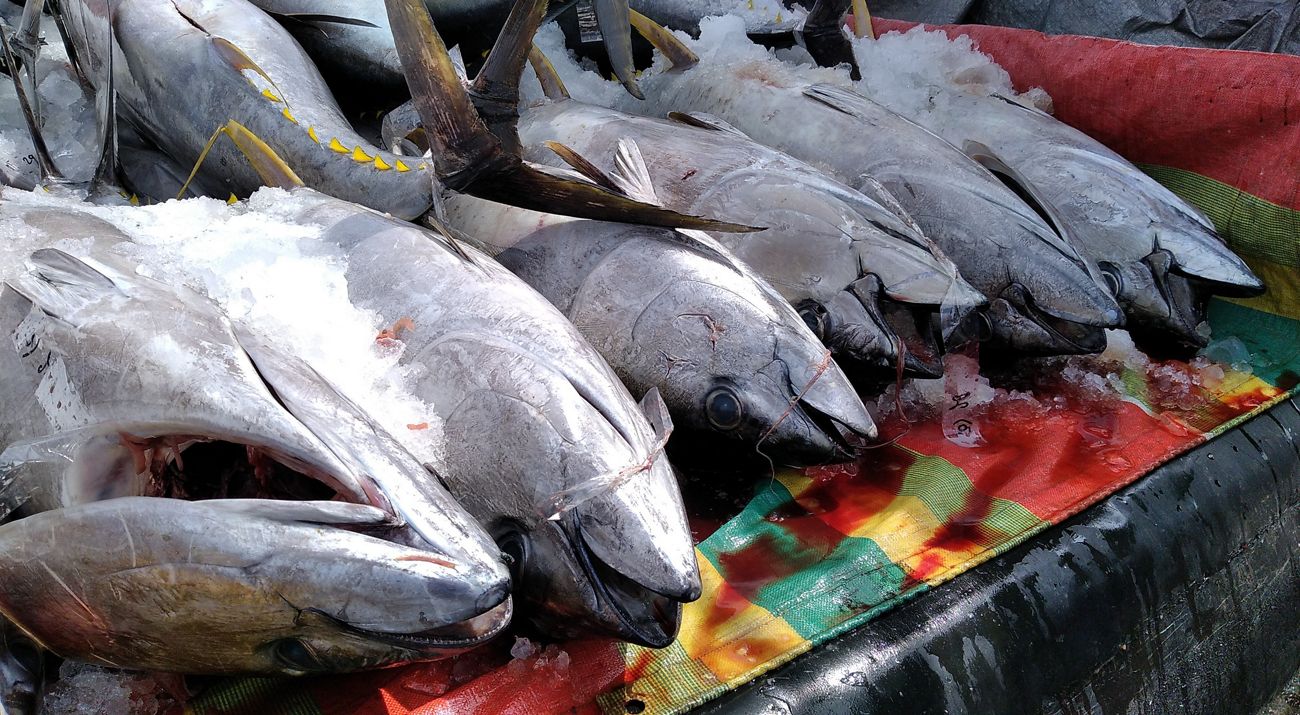
Tuna is one of Indonesia’s leading fishery commodities, valued highly in both domestic and international markets
Indonesia needs an effective, targeted, and environmentally friendly utilization strategy to ensure tuna resources remain sustainable.
Tuna is one of Indonesia’s most valuable fisheries commodities, with significant economic importance in both domestic and international markets. As an archipelagic nation with vast marine waters, Indonesia ranks among the world’s largest tuna producers. Yet the high demand for tuna places significant pressure on wild stocks, threatening their sustainability. To address this, an effective, targeted, and environmentally responsible strategy for tuna harvesting is essential to safeguard these vital resources for the future.
Tuna are large, open-ocean species known for their long-distance, transboundary migrations. In Indonesia, commonly caught species include yellowfin, skipjack, and bigeye tuna. Indonesia’s tuna fisheries are concentrated in Fisheries Management Areas across the country’s central and eastern waters.
Tuna Fisheries
YKAN supports sustainable tuna management in Fisheries Management Areas in central and eastern Indonesia by providing accurate data and photos through its Crew-Operated Data Recording System, FishFace, and surveys. This data underpins the annual evaluation of Indonesia’s tuna utilization strategy.
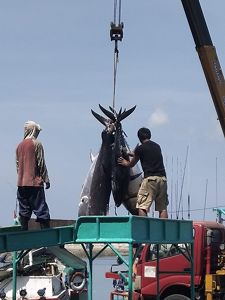
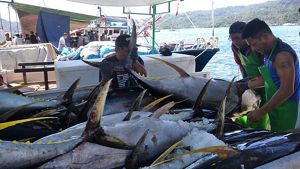
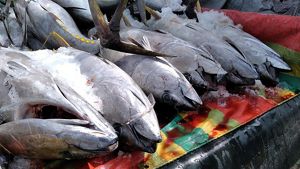
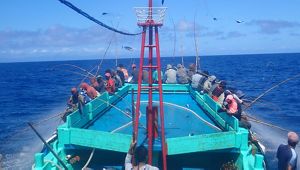
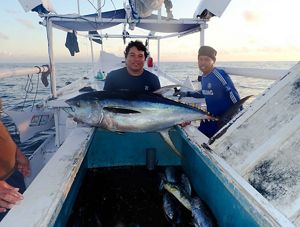
Effective tuna fisheries management relies not only on national policies but also on regional and international collaboration. Since 2019, YKAN has collaborated with the Walton Tuna Consortium, partnering with other NGOs to develop the Tuna Utilization Strategy, which was officially published by Indonesia’s Ministry of Marine Affairs and Fisheries on June 8, 2023.
The Tuna Harvest Strategy has been developed in line with the blue economy policy, specifically focusing on measuring fishing practices. The strategy includes implementing quota-based tuna fisheries, managing fish-attracting devices, limiting catches of tuna and skipjack, and introducing area and seasonal closures for tuna fishing, according to Minister of Marine Affairs and Fisheries Sakti Wahyu Trenggono at the Indonesia Tuna Conference and the International Coastal Tuna Business Forum in Bali in 2023. (Source)
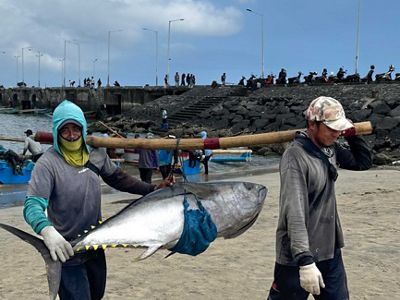
YKAN supports the development and implementation of the Tuna Utilization Strategy through data and partnerships. Since 2019, YKAN has utilized its Crew-Operated Data Recording System to collect spatial and biological information, supporting this strategy.
YKAN assesses the readiness of provincial governments to implement the tuna management strategy. The Ministry of Marine Affairs and Fisheries uses the results to set priorities, including restrictions on fish-attracting devices and catch quotas. YKAN also supports improved tuna fisheries governance by providing technical expertise and monitoring.
YKAN is partnering with the ministry to develop an electronic data collection system to enhance data-driven, science-based fisheries management. The system automatically identifies fish species in the catch, making it easier and more efficient for fishers to report their activities.
Download
-
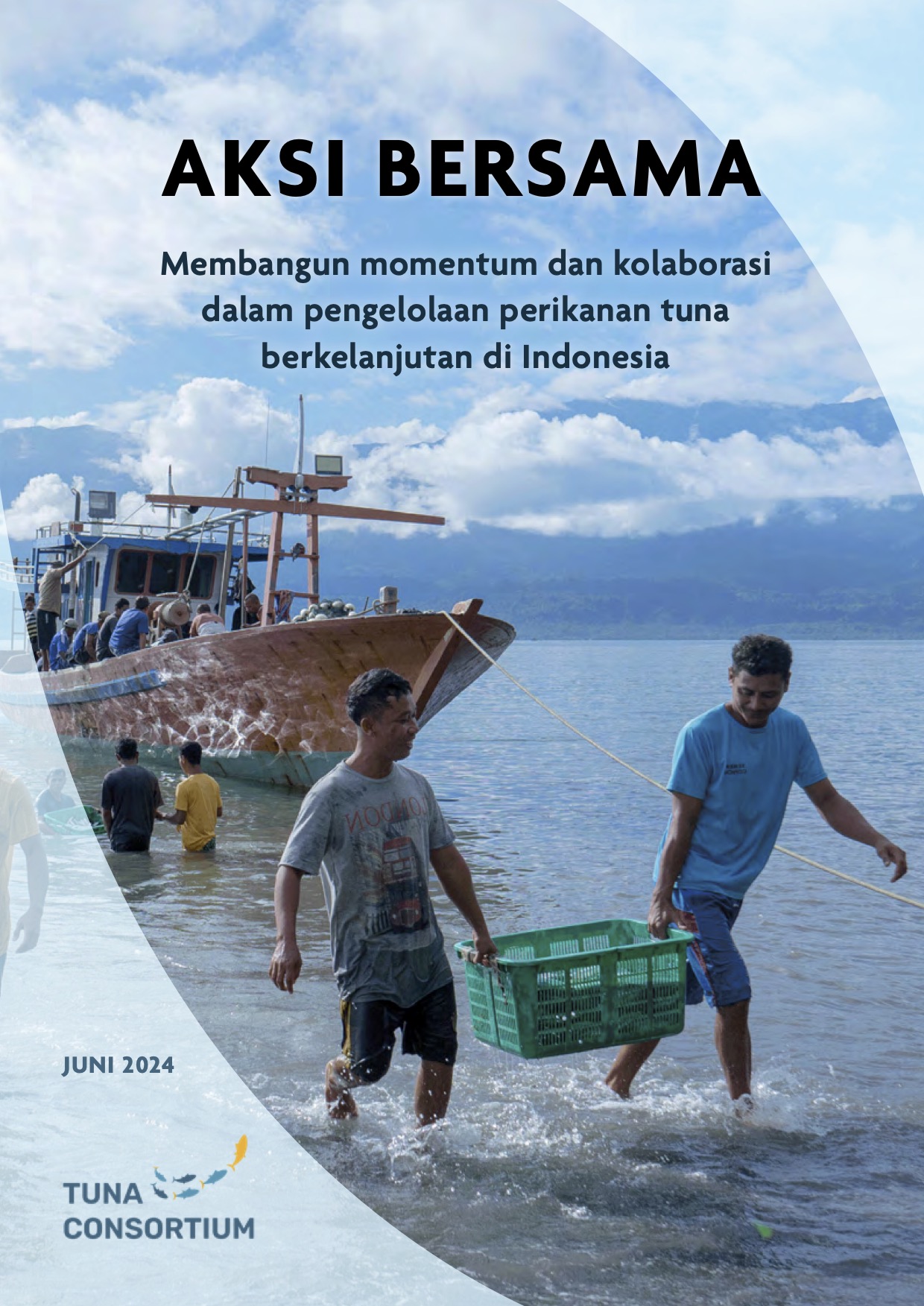 Sustainable Tuna Fisheries Management
Sustainable Tuna Fisheries ManagementCollaboration between YKAN and the Tuna Consortium has resulted in harvest strategy as a management tool for tropical tuna fisheries.
Download -
